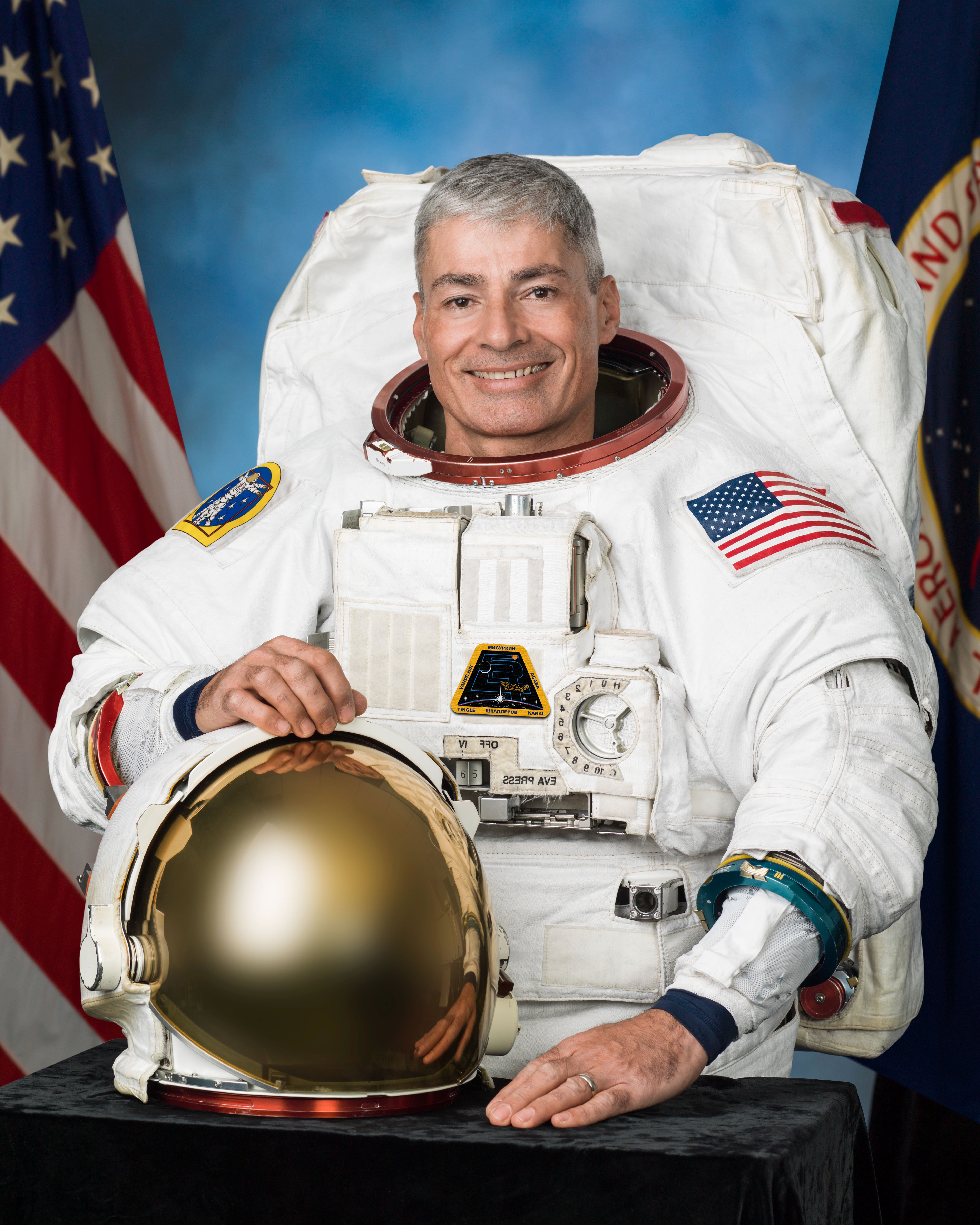Nasa astronaut closes in on record for consecutive days in space
After a mission extension in September, Nasa astronaut Marke Vande Hei will soon set a space agency record for consecutive days in space.

Your support helps us to tell the story
From reproductive rights to climate change to Big Tech, The Independent is on the ground when the story is developing. Whether it's investigating the financials of Elon Musk's pro-Trump PAC or producing our latest documentary, 'The A Word', which shines a light on the American women fighting for reproductive rights, we know how important it is to parse out the facts from the messaging.
At such a critical moment in US history, we need reporters on the ground. Your donation allows us to keep sending journalists to speak to both sides of the story.
The Independent is trusted by Americans across the entire political spectrum. And unlike many other quality news outlets, we choose not to lock Americans out of our reporting and analysis with paywalls. We believe quality journalism should be available to everyone, paid for by those who can afford it.
Your support makes all the difference.A Nasa astronaut is closing in on the American space program record for consecutive days in space and will spend nearly a year off-planet by the time he comes home in March.
Mark Vande Hei has been aboard the International Space Station since 9 April 2021, and if he returns as scheduled on 30 March, Mr Vande Hei will spend 355 consecutive days in space. The current Nasa record holder, astronaut Scott Kelly, flew 340 days aboard the ISS through 1 March 2016.
Mr Vande Hei, a former US Army officer and Nasa astronaut since 2009, was originally scheduled to return to Earth in October, but his return was delayed in September to allow for a Russian filmmaker and actress to film portions of a movie aboard the ISS, the cinematic pair taking up the seats on a Soyuz spacecraft originally intended for Mr Vande Hei and Russian Cosmonaut Pyotr Dubrov.
Nasa is using Mr Vande Hei’s extended stay in space to study the effects of long term space flight on the human body, information that could help inform a future mission to Mars or other deep space destinations.
Mr Vande Hei took the extension of his mission well, posting on Twitter on 14 September that it was “a possibility I was prepared for from the beginning. The opportunity to experience this with wonderful crewmates while contributing to science and future exploration is exciting!”
On 3 February with his extended mission finally drawing to a close, Mr. Vande Hei took to Twitter to share some of his journal entries from his stay on the ISS.
On his first day he wrote, “It was a bit jarring going from crowds and outdoors to indoors, few windows, and few people [on the International Space Station].” On day 100, he wrote, “Phew I’m glad it is Friday … I definitely lost in my battle to remain unflustered with a Zen-like state of calm.”
On day 300, Mr Vande Hei tweeted, he noted in his journal simply that, “The adventure continues.”
While Mr Vande Hei will hold the Nasa record for consecutive days in space upon his return, the world record belongs to Valeri Polyakov, who flew for 437 days aboard the Russian Mir space station in 1994 and 1995.
In terms of total time in space across multiple missions, astronaut Peggy Whitson holds the Nasa record at a strong 665 days, while Russian Cosmonaut Gennady Padalka holds the world record at 879 days, having flown aboard both the Mir and ISS.



Join our commenting forum
Join thought-provoking conversations, follow other Independent readers and see their replies
Comments